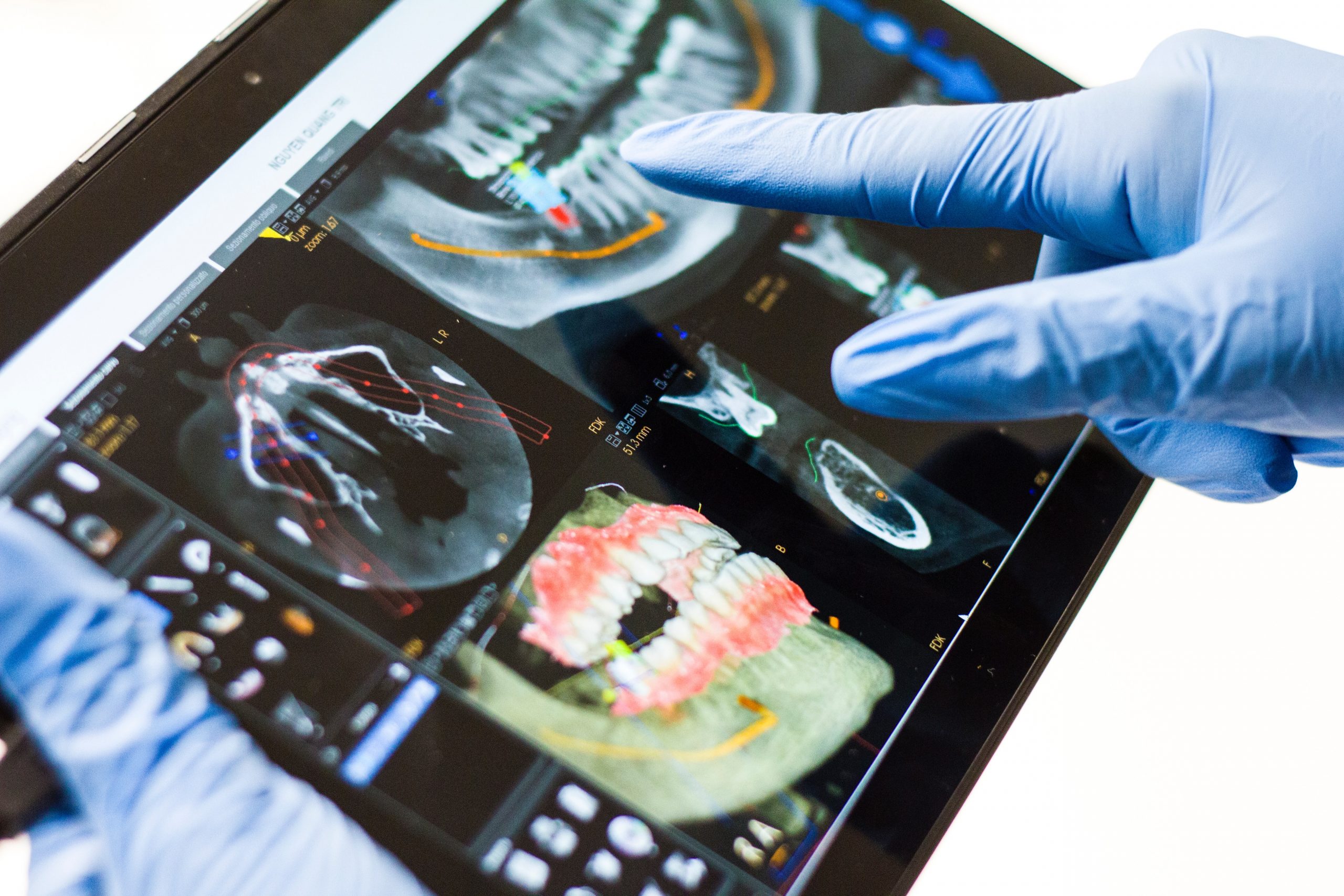
AI-enabled drug design during drug research
Drug research is increasingly using artificial intelligence (AI) techniques. While some proponents point to the vast opportunities that such tools could provide, others remain skeptical, waiting for a clear impact to be demonstrated in drug development projects. Although the reality is likely to fall somewhere in the middle of these two extremes, AI is clearly posing significant difficulties not only to the scientists engaged but also to the biopharma business and its existing methods for identifying and developing novel medications. AI could streamline and automate drug research by sifting through massive databases to identify targets, identify promising compounds, and forecast synthesis methods. While getting there will take a lot of innovation, we’re already seeing intriguing examples of AI-enabled drug design, research, and reducing discovery timelines.
The general map of how AI-enabled rug design will look like in short and long-term potential in drug discovery is discussed:
Target Identification and Drug Repurposing
To examine molecules, anticipate, and prioritize effective targets, AI and machine learning are applied. Typically, these targets are chosen based on their drug-ability and safety. Computer vision is used by AI to comprehend 3D protein structures and molecules. Drugs frequently interact with a large number of molecules in addition to the target molecule. To repurpose pharmaceuticals, it is therefore critical to discover the drug-molecule interaction. Machine learning and deep learning aid in the analysis of the drug’s interaction with off-target molecules in order to determine any probable relationships. In this way, AI combined with network medicine technologies can help bridge the gap between drug discovery and clinical use.
Clinical Trials
This is perhaps the slowest element of the medication development process. Manually analyzing and monitoring data takes a long time. As a result, it runs the risk of having human errors, which will eventually lead to drug trial failure. AI algorithms have the ability to process massive amounts of data, resulting in faster and more accurate outcomes. AI in clinical trials will improve patient compliance while also lowering trial costs. It will increase the speed with which trustworthy evidence can be used to determine the impact of medications and treatments.
The sum of all knowledge about biology, DNA, and chemical interactions could be stored in the databases of a future AI. It will be able to discover novel targets and candidate compounds for a certain target in silico, as well as build and improve molecules to zero in on the best. It will be able to describe how the candidate molecules should be synthesized, collect test results, and enhance the process further. Although that vision is still a long way off, AI is already automating many aspects of the drug development process. Drug discovery has long relied on analytics and statistical models to reduce trial and error. AI has the capacity to eliminate far more and find better solutions far faster than is now achievable. Even in the medium run, AI might shave a year off the development of many medications, saving billions of dollars.












